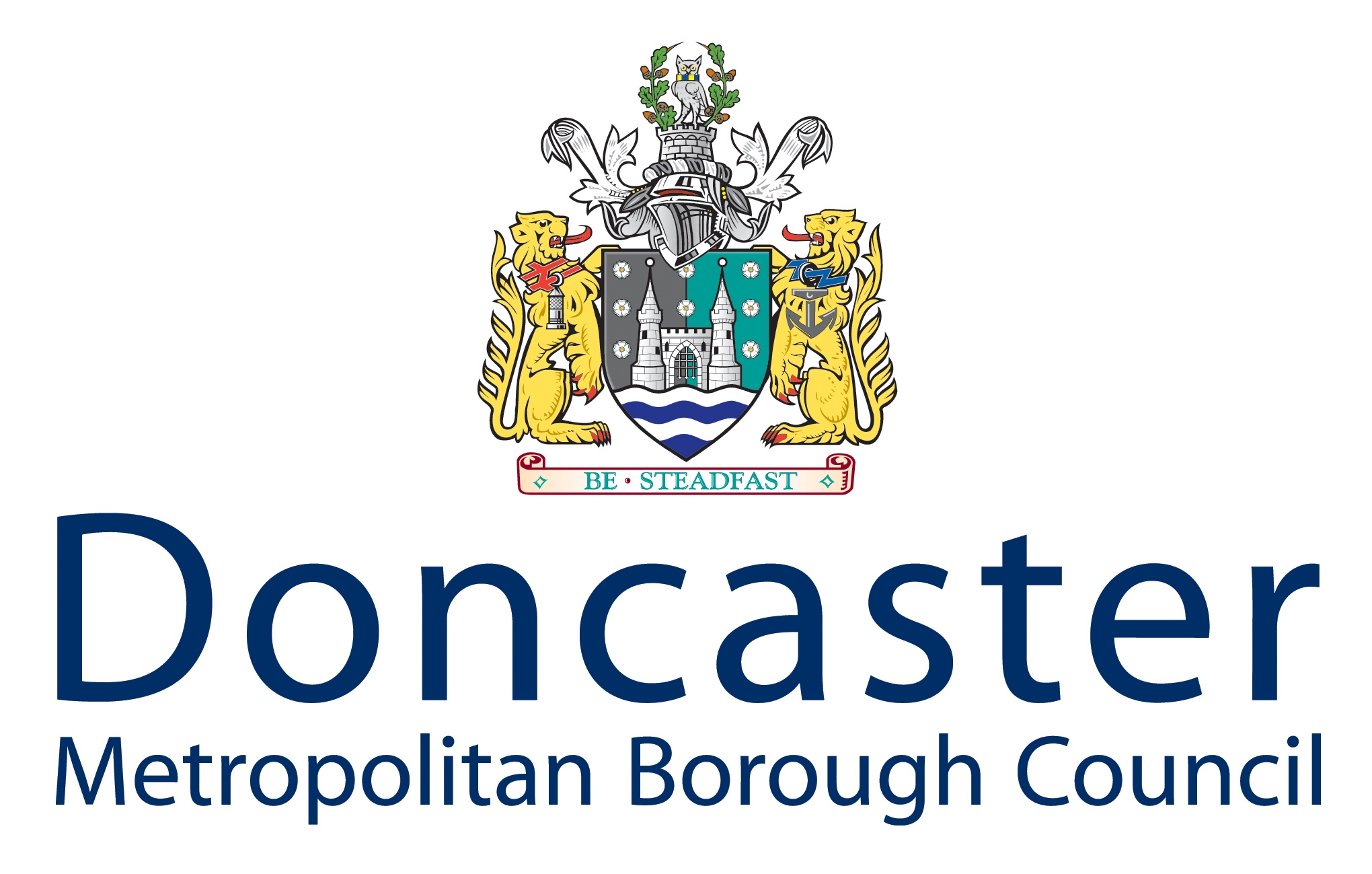Older people's drinking habits: Very little, very often
Official statistics on the consumption habits of older people in the UK over recent years indicate that they consume fewer units than younger generations but that they are more likely to drink on an almost daily basis over the course of the week. It could be argued that compared to their children (and grandchildren, in the case of women aged 65 and over) older people drink very little, but very often. But the rising number or alcohol-related admissions/discharges and deaths in the UK among those aged 65 and over highlights the health problems underlying their consumption habits.
Reasons for drinking and the types of older drinkers
The sudden disruption in lifestyle caused by retirement and bereavement - which can lead to decreased social activity - is thought to be a major contributory factor among older people who develop a drinking problem, as are isolation and loneliness. Some justify the regular consumption of particular beverages (ie brandy, rum) on the grounds that it acts as an anaesthetic with medicinal properties which help remedy illnesses and pains, but this may instead help to foster a dependence on alcohol.
Researchers have identified 3 types of elderly drinkers
- Early-onset drinkers (Survivors): those who have a continuing problem with alcohol which developed in earlier life. Because of the health risks connected to heavy drinking and dependence on alcohol, the lifespan of a problem drinker may be shortened by on average 10 to 15 years
- Late-onset drinkers (Reactors): they begin problematic drinking later in life, often in response to traumatic life events such as the death of a loved one, loneliness, pain, insomnia, retirement etc.
- Intermittent (Binge drinkers): they use alcohol occasionally and sometimes drink to excess, which may cause them problems
Consequences of drinking for older people
Tolerance to alcohol is significantly lowered in the aged person, so it is possible that the same amount of alcohol can have a more detrimental effect that it would on a younger person. Alcohol depresses the brain function to a greater extent in older people, impairing coordination and memory, and raising the likelihood of incontinence, hypothermia, injury or accident, and self-neglect.
The Royal College of Physicians once estimated that:
"Up to 60% [of older people] who are admitted to hospital because of confusion, repeated falls, recurrent chest infections and heart failure, may have unrecognised alcohol problems. Some...are long-standing drinkers who have become old, others started drinking in old age...elderly widows are the most vulnerable group"
Further information
A new report has been released which calls for further attention to the issues of alcohol harms amongst the over 50s. The report includes findings from a recent survey that identifies a range of factors associated with risky drinking amongst the over 50s, including: life events such as retirement and bereavement, isolation, and other health and wellbeing issues including dementia and frailty.
Get the report 'Drink Wise, Age Well: Alcohol Use and the Over 50s in the UK' here.
This new information resource looks to find out more about alcohol and health in older people. By 'older', this website refers to people aged 55 and above. It is not an exhaustive compendium, but provides and overview of the growing relevance to alcohol and how it interacts with the health of older people. www.alcoholandolderhealth.co.uk
If you think you or a relative needs support with their drinking, contact Doncaster Drug and Alcohol Services on 01302 303900. There is also a parent and carer support group called Support4Change which can be contacted on the same number. Further information can be found here.






